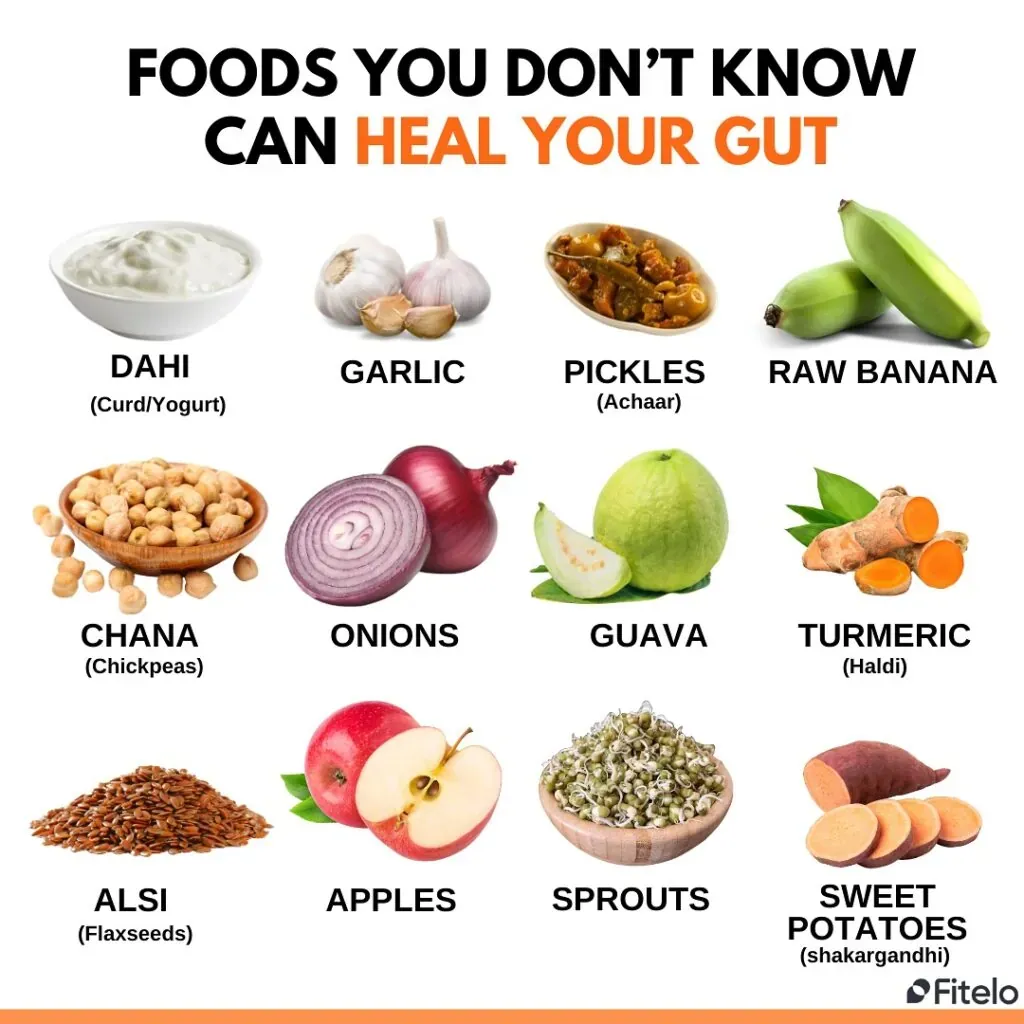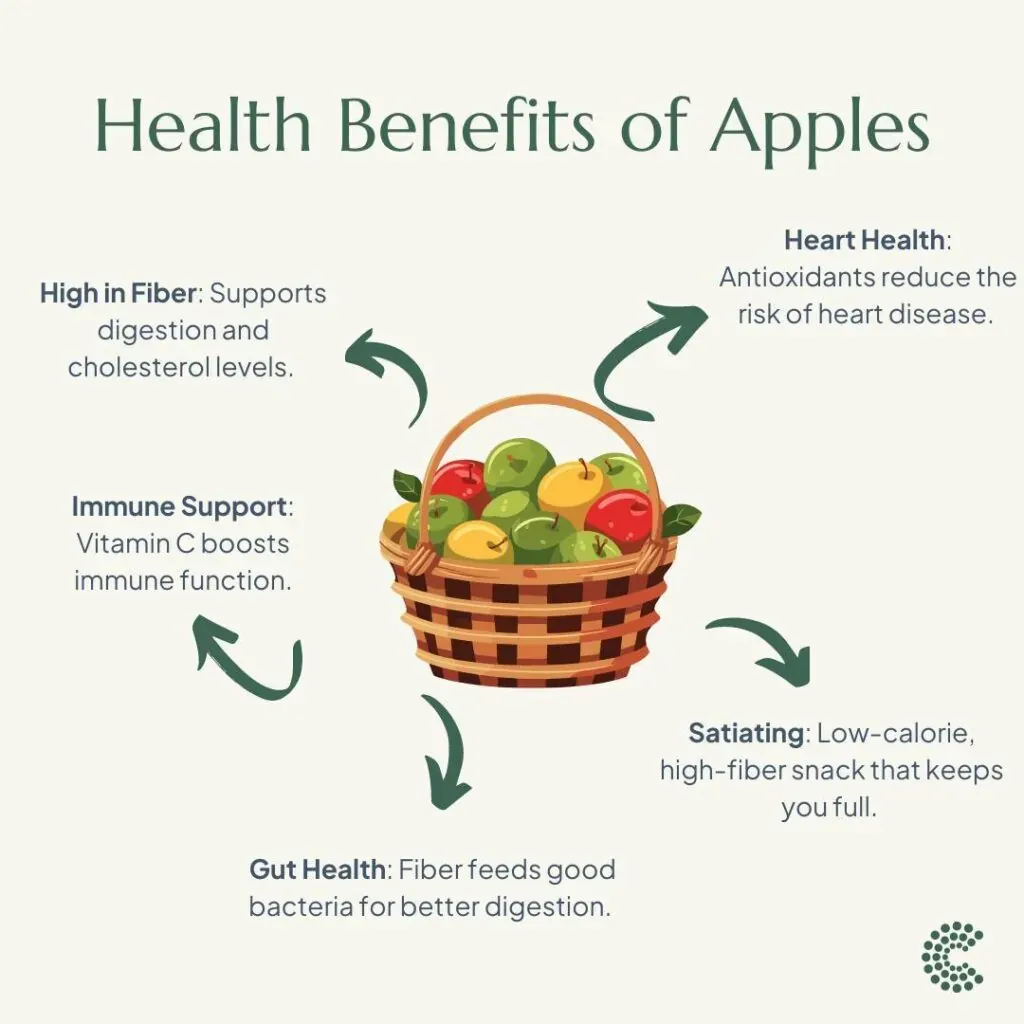Vitamins for Gut Health – Nutrients That Help
Gut health vitamins are vital for a healthy digestive tract, the gut lining, and beneficial bacteria. Vitamin A, one of the most essential for maintaining gut lining integrity and systemic immunity in the gastrointestinal tract. It is a known potent antioxidant that reduces gut inflammation and helps to repair tissues. Vitamin D plays an important role in regulating the immune response and balancing gut microbiota; therefore, low levels of vitamin D are frequently associated with gastrointestinal disorders, e.g., IBS [Irritable Bowel Syndrome].

B vitamins—particularly B1 (thiamine), B2 (riboflavin), B3 (niacin), B6, B12, and folate—play key roles in energy metabolism and digestive enzyme function. Moreover, they keep the formation of hydrochloric acid in the stomach which supports the digestion of food well. Moreover, Vitamin E protects the gut cells from oxidative injury. A wise combination of a balanced diet—full of green leafy vegetables, fruits, low-fat proteins, whole grains, and fermented foods—can supply these vitamins and support gut health as intended. Medical guidance may recommend supplementation if someone has deficiencies in certain vitamins that can contribute towards better digestion.
Best Vitamins for Gut Health
Here are the best vitamins for gut health, how they work, and common food sources:
Vitamin D
How it works: Vitamin D is responsible for gut immune modulating and for gut integrity, but it also promotes the growth of bacteria that are good for humans. Thus, each of these qualities makes it a vital part of our body to reduce inflammation and prevent IBS and leaky gut.
Sources: sunlight, fortified dairy products, egg yolks, salmon, mackerel, tuna, vitamin D supplements
Vitamin A
How it works: Vitamin A is required for keeping up the mucosal lining in the intestines, which serves as a first line of defense against invading microbes and the immune cells that patrol them.
Sources: carrots, sweet potatoes, spinach, kale, liver, dairy products and orange-colored fruits and vegetables.
Vitamin B (B1, B2, B3, B6, B12, Folate)
How they work: The B-vitamin complex also contributes to food-related energy production, gut lining integrity, and the formation of digestive enzymes and neurotransmitters that impact gut motility and the gut-brain axis. B12 especially stops you from being deprived, further underpinning the development of red blood cells, something important for the transportation of nutrients throughout the gut.
Sources: Whole grains, Green leafy eggs It is best to have in dairy and legumes, poultry, meat and fortified cereals (especially for vegetarians and vegans)
Vitamin C
How it works: It is a powerful antioxidant that reduces inflammation in the gut, aids in the production of collagen for gut lining repair, and increases iron absorption, which is a crucial substance for energy and proper movement in the gut[3].
Sources: Oranges, Strawberries, Bell Peppers, Kiwi, Broccoli, Brussels Sprouts, and Citrus Fruits
Vitamin E
How it works: The cells of the gut lining are protected from oxidative damage, inflammation is reduced, and vitamin E plays a synergistic role with vitamin C in healing damaged tissue and maintaining gut barrier integrity.
Sources: Makes it easy to find sources: nuts (almonds, hazelnuts), sunflower seeds, spinach, avocados— vegetable oil (sunflower, safflower).
Vitamin K2 (especially for gut lining and inflammation)
How it works: Vitamin K2 helps to minimize inflammation and directly contributes to healing of the intestinal walls by ensuring that calcium is delivered to the right tissues in the body, preventing calcification and thus damage when it occurs in the gut lining.
Sources: Natto, hard cheeses, egg yolk, butter from grass-fed cows, dark leafy greens
Vitamin B7 (Biotin)
How it works: Biotin helps the body process fats and carbohydrates; it also helps maintain a healthy mucosal lining in the gut, as well as benefits the growth of healthy gut bacteria.
Sources: Egg yolks, almonds, sweet potato, spinach, salmon
Folate (Vitamin B9)
How it works: Folate also promotes cell turnover in the lining of the digestive tract, which helps to build a robust gut barrier and prevent ulcers and other injuries to the gut lining.
Sources: leafy greens (spinach, romaine lettuce), lentils, beans, citrus fruits, fortified grains.
IG Credit:@culinahealth
Gut Health Vitamins for Men
1. Vitamin D
- Role: Supports immune function, intestinal barrier function, and gut microbiota modulation. Please note that low levels are associated with gut inflammation, for example, inflammatory bowel diseases.
- Source: Sunlight, oily fish (salmon, mackerel), fortified milk, & egg yolks.
- Note: Vitamin D levels can be low for men who never receive direct sunlight indoors, and taking a Vitamin D supplement can be beneficial for your gut and overall health.
2. Vitamin B12
- Role: Helps the body utilize nutrients more efficiently; Supports healthy nerve function and red blood cell production.
- Source: Meats, eggs, dairy, fish, and in fortified cereals
- Note: Important for men on a vegan or vegetarian diet, because the vitamin is mainly found in animal food.
3. Vitamin B6
- Role: Aids protein and carb digestion; assists enzyme actions in the gut; reduces inflammation.
- Sources: Chicken, turkey, bananas, chickpeas, and fortified grains.
4. Vitamin A
- Role: Preserves intestinal barrier function and regulates immune response in the gut mucosa
- Sources: Carrots, sweet potatoes, liver, spinach, and kale.
- Note: The gut barrier will love you for it.
5. Vitamin C
- Role: Protects gut lining by strengthening collagen and fighting inflammation and oxidative stress.
- Sources: Citrus fruits, bell peppers, strawberries, broccoli and kiwis.
6. Vitamin E
- Role: A strong anti-oxidant that helps maintain the gut against oxidative stress and provides secretion of inflammation in a healthy range
- Sources: Nuts, seeds, spinach, and vegetable oils.
7. Vitamin K2
- Role: Helps with mineral absorption, especially calcium, and plays a role in gut lining (intestine) maintenance.
- Sources: Some fermented foods (natto), liver, egg yolks
8. Folate (Vitamin B9)
- Role: Supports healthy cell division in the intestinal lining and absorption of nutrients
- Sources: Leafy greens, legumes, avocados, and fortified foods.
Bonus – Zinc (though not a vitamin, it’s crucial)
- Role: Maintains gut barrier functions, decreases gut inflammation, and modulates gut immune responses.
- Sources: oysters, beef, pumpkin seeds, and lentils.
Q: Which yoghurt is best for Gut Health
A: Plain, unflavored Greek yogurt that contains live and active cultures, such as Lactobacillus and Bifidobacterium, is the best for gut health. These probiotics restore balance to the gut microbiome, alleviate inflammation, and improve digestion. Refrain from flavored yogurts loaded with sugar, synthetic ingredients preservatives, which can upset gut harmony.
Q: Which vitamins are good for Gut Health
A: Here are vitamins that will help with gut health.
- Vitamin D: Supports the immune response and gut barrier function
- Vitamin B12 and B6: Both important vitamins for digesting food and keeping your gut nerves healthy.
- Vitamin C: An antioxidant compound that reduces gut inflammation.
- Vitamin A: Helps to maintain the gut mucosal lining and a healthy immune system.
Q: Which milk is best for Gut Health
A: Now, the best milk for gut health really depends on how your body responds to it, but some of your best options are:
- Lactose-free milk for those with lactose intolerance
- Kefir is a fermented milk that is two times higher in probiotics than yogurt itself and is known to restore gut flora.
- Another non-dairy option, almond or oat milk that is fortified with gut-loving nutrients and a source of probiotics, is a perfect need-to-have.
Q: Which magnesium is good for Gut Health
A: For gut health, magnesium glycinate and magnesium citrate are typically recommended.
- Magnesium citrate: This type works for constipation by pulling water into the intestines.
- Magnesium glycinate is gentle on the stomach, helps reduce stress (which affects gut health), and supports muscle function in the gut wall.
Q: Which Gut Health supplement is best
A: The ideal gut health supplement contains probiotics, prebiotics, and digestive enzymes in a single product.
Top recommendations include
- Multiple-strain probiotic blends such as Lactobacillus, Bifidobacterium, and Saccharomyces boulardii.
- Prebiotic fibers like inulin or FOS to nourish beneficial microbes.
- Digestive enzymes such as amylase and lipase to help you break down and absorb nutrients
Q: Which fruits improve Gut Health
A: Fruits contain more fiber and antioxidants, and natural prebiotics that provide support to the gut.
- Banana: High Fiber content (especially Green Bananas are Prebiotic)
- Apples: contain pectin, a prebiotic fiber that feeds good bacteria.
- Berries: High in antioxidants and fiber, they help reduce inflammation.
- Papaya and pineapple: Contain enzymes that help to digest food.
- Kiwi: Aids bowel regularity and digestion
